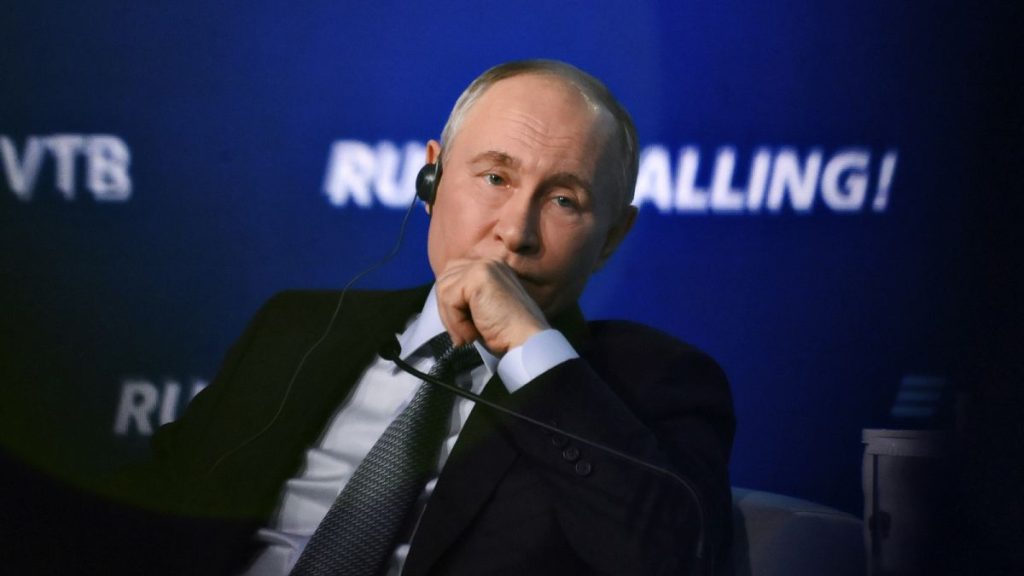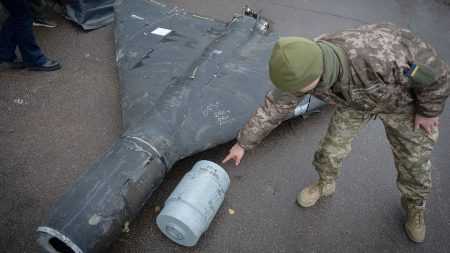The European Union has imposed new sanctions targeting Russia’s “shadow fleet” of tankers, a critical component of Moscow’s strategy to circumvent Western oil restrictions and maintain crucial revenue streams for its war efforts in Ukraine. This fleet, composed primarily of aging and poorly maintained vessels, poses a significant environmental risk due to their deteriorating condition, raising concerns about potential oil spills within or near European waters. The sanctions also extend to several Chinese companies suspected of aiding Russia’s drone production, further tightening the net around Moscow’s wartime supply chains. This fifteenth sanctions package since the invasion’s commencement underscores the EU and G7’s commitment to exert sustained pressure on the Kremlin.
The EU’s focus on the “shadow fleet” directly addresses Russia’s tactic of bypassing the G7-imposed oil price cap of $60 per barrel. This cap, implemented in late 2022, aims to limit Russia’s oil revenue by restricting Western companies from providing services like insurance, financing, and flagging to tankers selling above the price ceiling. To circumvent these measures, Moscow has increasingly relied on older, often poorly maintained vessels operating under obscure ownership and insurance structures, frequently utilizing “flags of convenience” from countries less inclined to adhere to Western sanctions. These practices effectively obscure the vessels’ operations and ownership, making it difficult to trace and enforce the price cap.
The “shadow fleet” not only poses an environmental threat due to the vessels’ poor condition but also engages in deceptive practices to mask their activities. These include falsifying transmitted data, disabling transponders to evade satellite tracking, and conducting ship-to-ship transfers to conceal the oil’s origin. These tactics highlight the lengths to which Russia is willing to go to maintain its oil exports, a vital source of income for its war machine. The EU’s concern stems from the potential for a major oil spill near its territory, exacerbated by the inadequate insurance coverage of these vessels, which could hinder effective damage control and cleanup efforts.
Despite the inherent risks associated with this aging fleet, Russia continues to depend on it to export crude oil, a lifeline for its war economy. From February 2022 to June 2024, Russia generated substantial revenue from oil exports, accounting for a significant portion of its total fossil fuel export earnings. This financial flow fuels the ongoing conflict in Ukraine, enabling Russia to sustain its military operations. Key buyers of Russian oil include China and India, which often refine the crude and subsequently sell it into the EU market under different labels, further complicating efforts to track and restrict Russian oil trade.
The new EU sanctions target around 50 ships within the estimated 600-strong “shadow fleet.” These measures build upon previous sanctions that blacklisted several vessels, denying them access to EU ports and prohibiting the provision of EU services. This escalating pressure aims to dismantle the network enabling Russia to bypass the oil price cap and curtail its ability to profit from oil sales. The lack of a definitive number for the “shadow fleet” highlights the challenges in tracking these vessels due to the Kremlin’s secrecy and the intricate web of ownership and operational practices employed.
The sanctions, agreed upon by all 27 member states, mark a significant step in the ongoing efforts to constrain Russia’s war funding. While details remain limited, the package is considered moderate compared to earlier measures. However, its significance lies in the targeted approach towards the “shadow fleet,” a key enabler of Russia’s circumvention tactics. This action sends a clear message of the EU’s resolve to close loopholes and maintain pressure on Russia’s war economy, despite the complexities involved in tracking and targeting these elusive vessels. The inclusion of Chinese companies suspected of supporting Russia’s drone production further broadens the scope of sanctions, aiming to disrupt multiple facets of Russia’s war effort.










